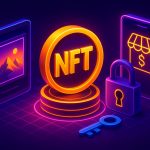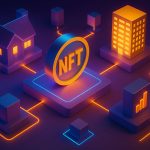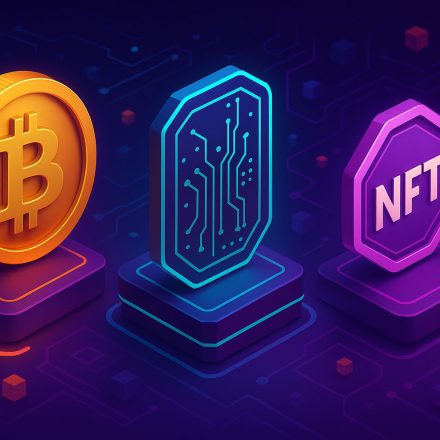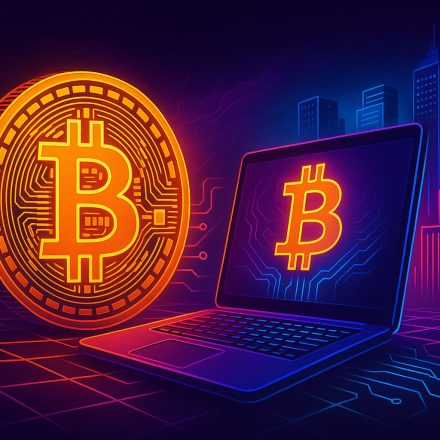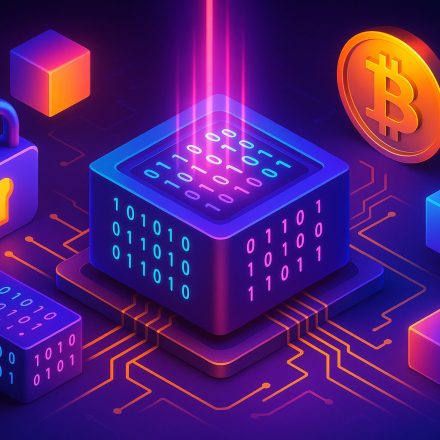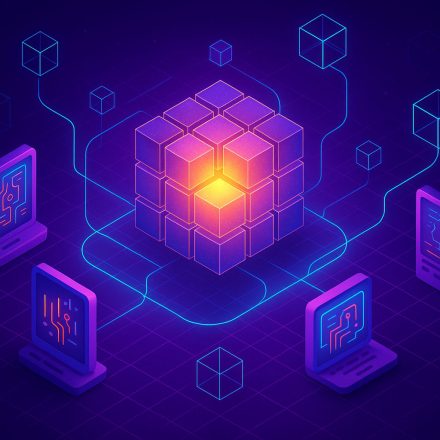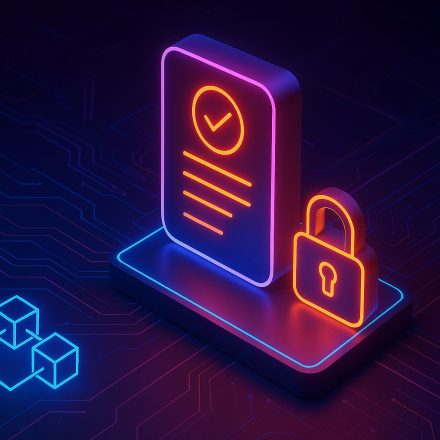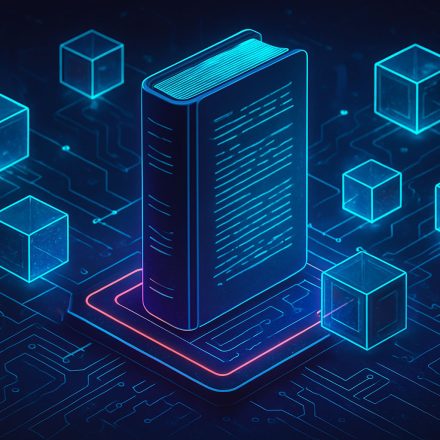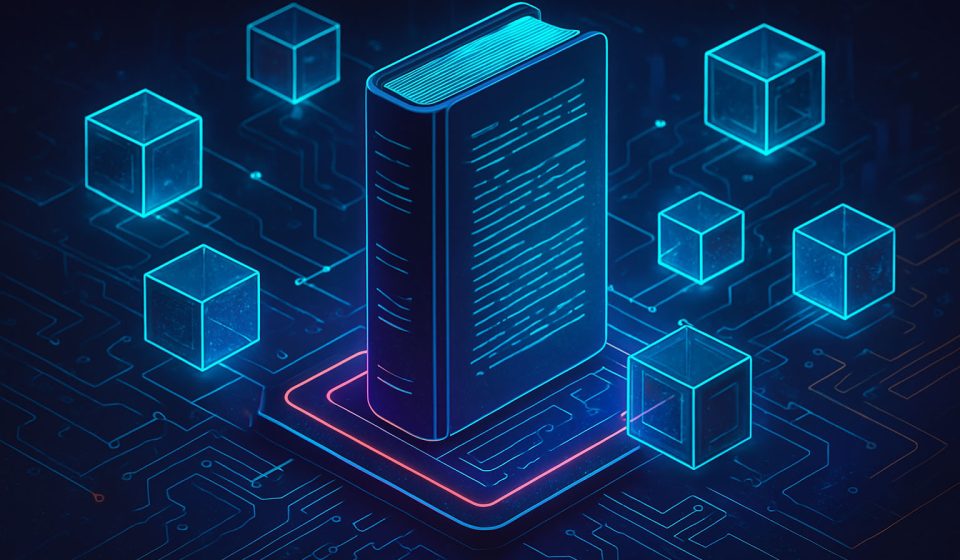
📘 Blockchain Glossary: 50 Must-Know Terms
New to blockchain and crypto? You’re not alone — and one of the first hurdles is getting comfortable with the terminology. From “smart contracts” to “gas fees” and “HODL,” the space has its own vocabulary.
Table Of Content
This beginner-friendly blockchain glossary lists 50 must-know terms that will help you understand the core concepts of blockchain, cryptocurrency, and Web3.
At BlockchainInsights.org, we make it easier to speak the language of decentralization — one word at a time.
🔑 Blockchain Glossary: A–Z
A
- Airdrop: A free distribution of crypto tokens, usually to promote a new project.
- Altcoin: Any cryptocurrency that isn’t Bitcoin. Examples: Ethereum, Solana, BNB.
- Address: A unique string used to send and receive crypto — like an email for your wallet.
B
- Blockchain: A decentralized, immutable ledger used to record transactions.
- Block: A set of transactions bundled together and added to the blockchain.
- Block Reward: The crypto earned by miners or validators for securing the network.
C
- Cold Wallet: A crypto wallet that is offline and more secure (e.g., hardware wallet).
- Consensus Mechanism: The system used to agree on the state of the blockchain (e.g., PoW, PoS).
- Crypto Wallet: A tool (software or hardware) to store and manage your cryptocurrency.
D
- dApp (Decentralized Application): An app that runs on a blockchain, not a centralized server.
- DAO (Decentralized Autonomous Organization): A community-run organization governed by smart contracts and token holders.
- DeFi (Decentralized Finance): Financial services on the blockchain without banks.
E
- ERC-20: A standard for creating tokens on Ethereum.
- EVM (Ethereum Virtual Machine): The computing engine that runs Ethereum smart contracts.
- Exchange: A platform where users can buy, sell, and trade cryptocurrencies.
F
- Fiat: Government-issued money like USD or EUR.
- Fork: A change in blockchain protocol that splits it into two versions (soft or hard).
- FOMO: “Fear of Missing Out” — often leads to impulsive crypto buying.
G
- Gas: The fee paid to execute transactions or smart contracts on networks like Ethereum.
- Genesis Block: The first block ever created in a blockchain.
- Governance Token: A token that gives holders voting power in decentralized protocols.
H
- HODL: Originally a typo of “hold,” now means to hold crypto long-term despite volatility.
- Hash Rate: The power of a blockchain network, used in mining.
- Hot Wallet: A crypto wallet connected to the internet, like MetaMask.
I
- ICO (Initial Coin Offering): A fundraising method where investors buy a token before it launches.
- Immutable: Once data is added to a blockchain, it cannot be changed.
- Interoperability: The ability for different blockchains to communicate or share data.
J
- JOMO: “Joy of Missing Out” — opposite of FOMO, choosing not to follow market hype.
K
- KYC (Know Your Customer): Identity verification required by exchanges and platforms.
L
- Layer 1: A base blockchain like Ethereum or Bitcoin.
- Layer 2: A scaling solution built on top of Layer 1 (e.g., Arbitrum, zkSync).
- Liquidity Pool: A pool of tokens locked in a smart contract for trading on a DEX.
M
- Mining: The process of validating transactions and adding them to the blockchain (Proof of Work).
- Multisig: A wallet that requires multiple signatures to approve a transaction.
N
- NFT (Non-Fungible Token): A unique digital asset representing art, music, or items on-chain.
- Node: A computer that participates in a blockchain network.
O
- Oracle: A service that feeds off-chain data into a smart contract (e.g., price feeds).
- On-chain: Data or actions recorded directly on the blockchain.
P
- Private Key: A secret code that controls access to your crypto wallet — never share it.
- Public Key: The address you share to receive crypto.
- Proof of Stake (PoS): A consensus mechanism where validators are chosen based on staked coins.
Q
- QR Code: A scannable image often used for wallet addresses.
R
- Rug Pull: A scam where project creators disappear with investors’ funds.
S
- Smart Contract: Self-executing code stored on a blockchain that runs when conditions are met.
- Stablecoin: A cryptocurrency pegged to a stable asset like USD (e.g., USDT, USDC).
- Staking: Locking up tokens to help secure a network and earn rewards.
T
- Token: A digital asset built on top of a blockchain, such as an ERC-20 token.
- Transaction Fee: The cost to execute a transaction on the blockchain.
U
- Utility Token: A token that provides access to a product or service within a blockchain ecosystem.
V
- Validator: A node responsible for verifying transactions in Proof of Stake networks.
W
- Web3: The decentralized internet powered by blockchain and user ownership.
- Whale: Someone who holds a large amount of cryptocurrency.
X
- XRP: A popular digital asset used for fast, cross-border payments (created by Ripple).
Y
- Yield Farming: Earning rewards by providing liquidity to DeFi protocols.
Z
- ZK-Rollup: A Layer 2 scaling solution that uses zero-knowledge proofs to bundle transactions efficiently.
📝 Final Thoughts
This blockchain glossary is your go-to reference as you explore the crypto world. As new innovations and terms emerge, we’ll keep this list updated — so be sure to bookmark it!
At BlockchainInsights.org, we’re here to simplify blockchain and give you the clarity you need to move forward with confidence.




